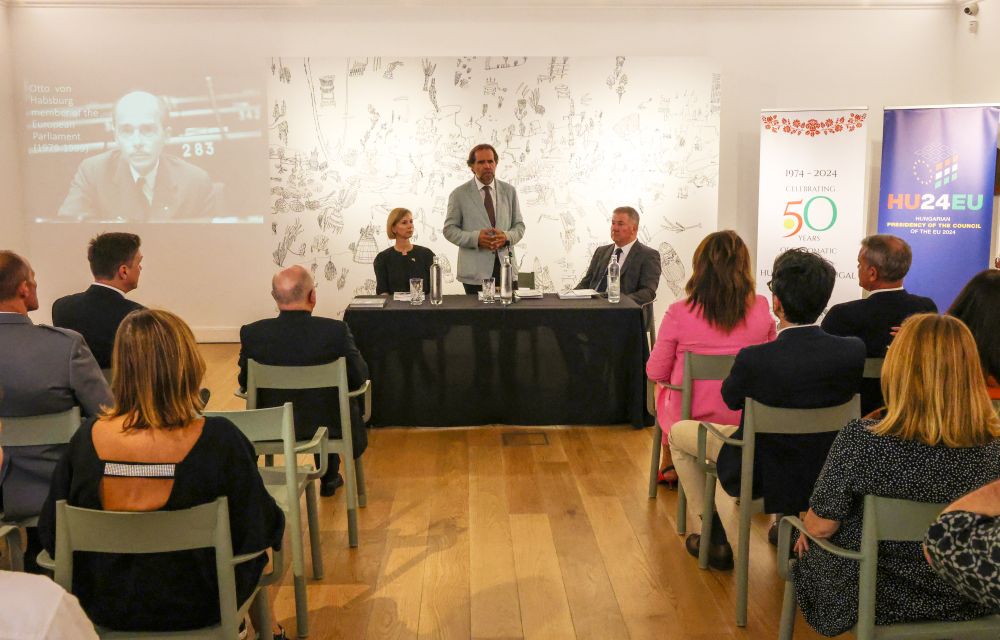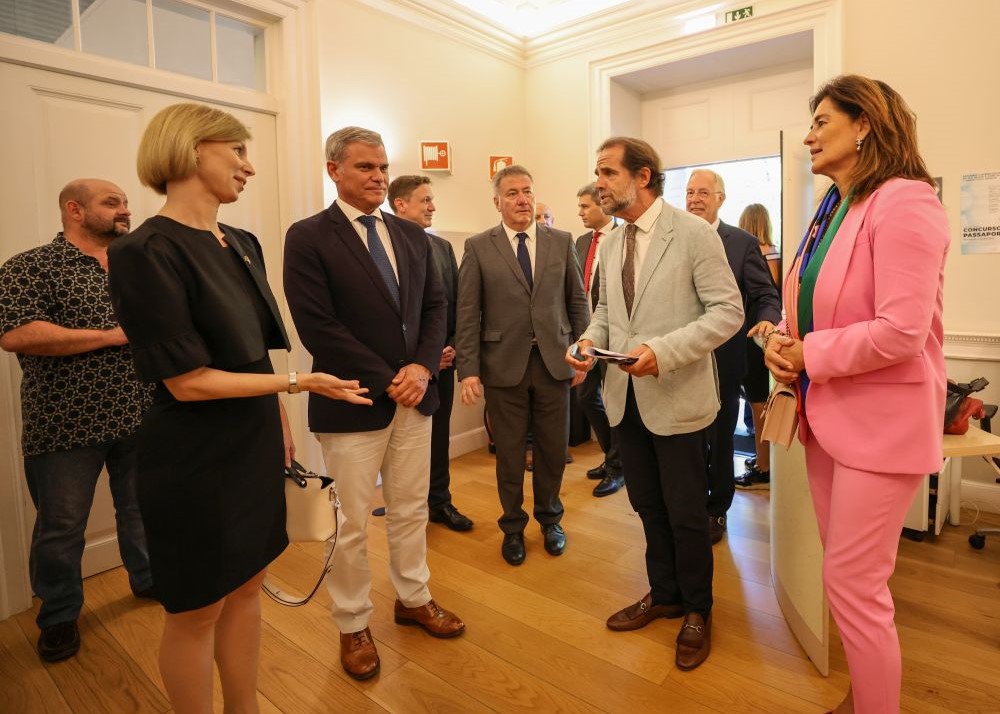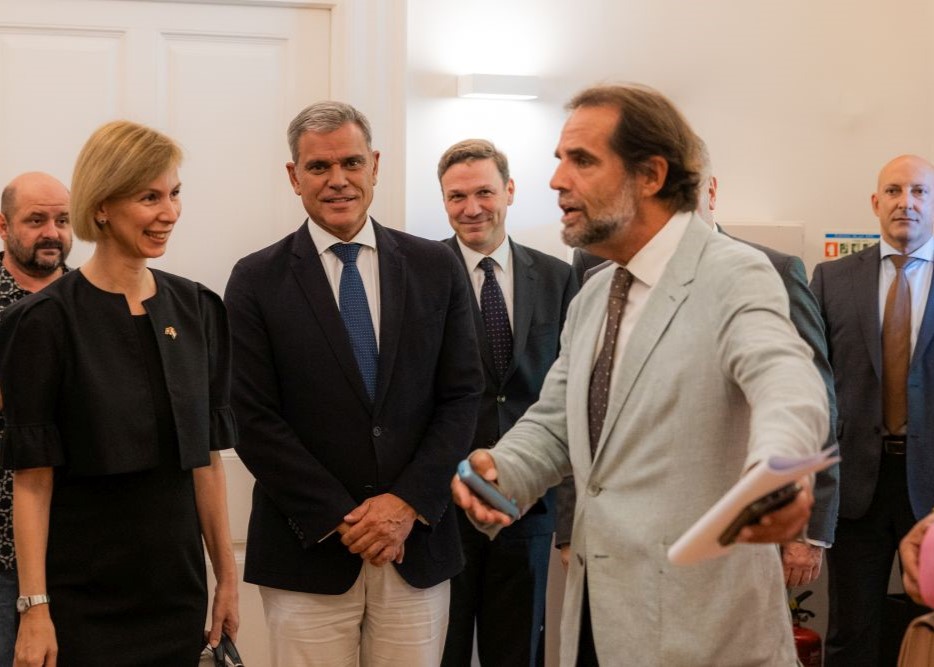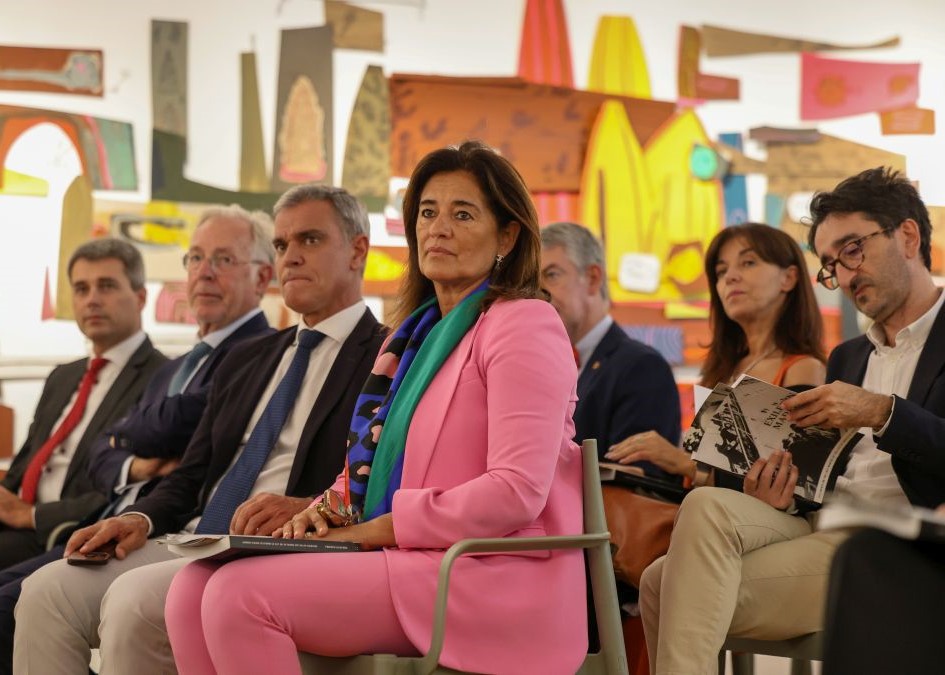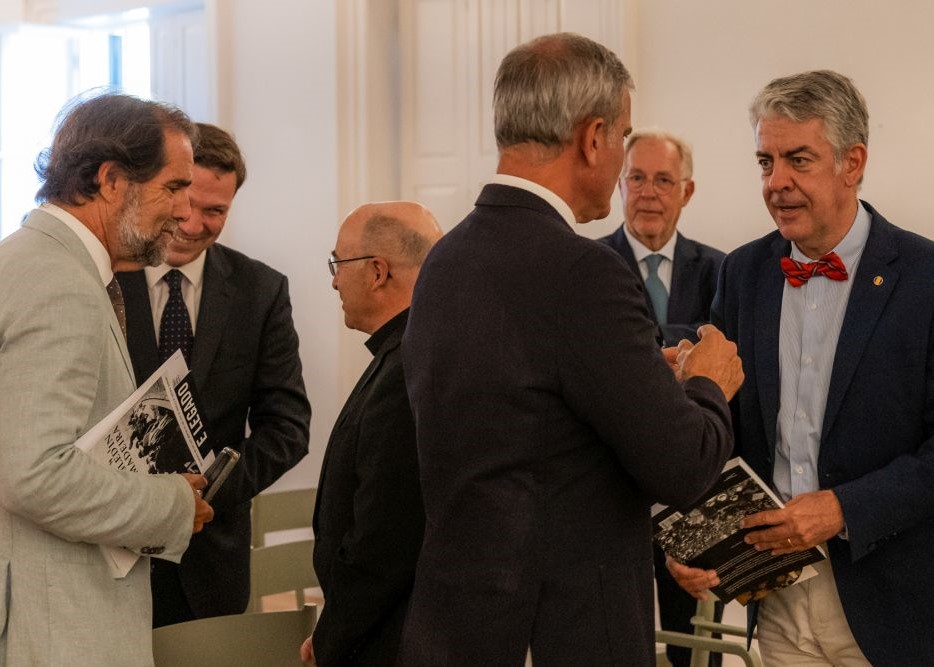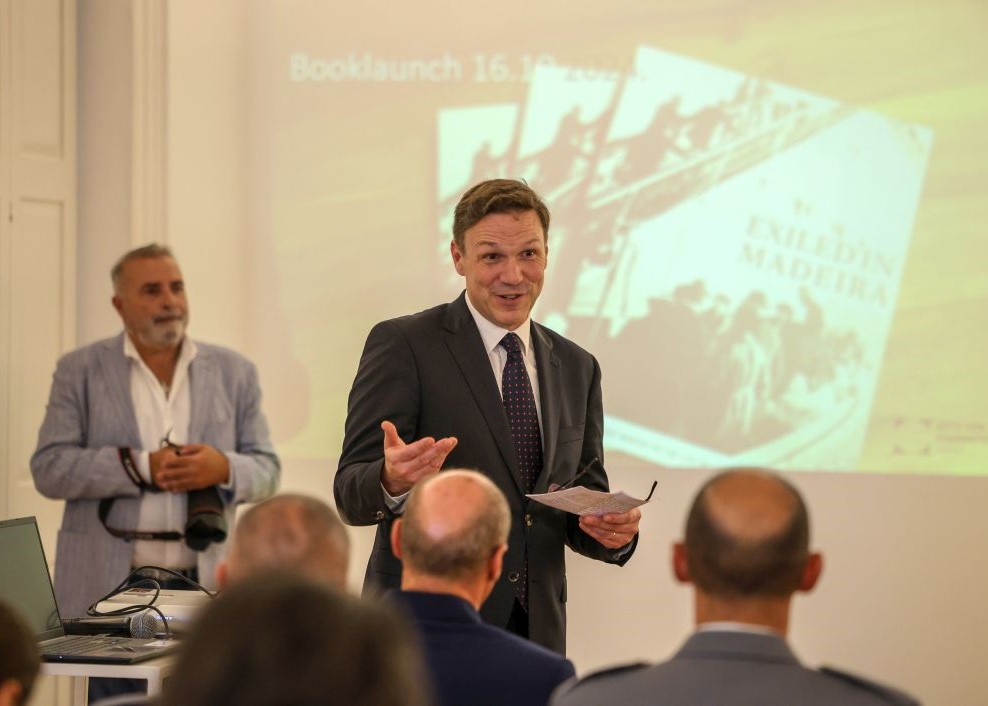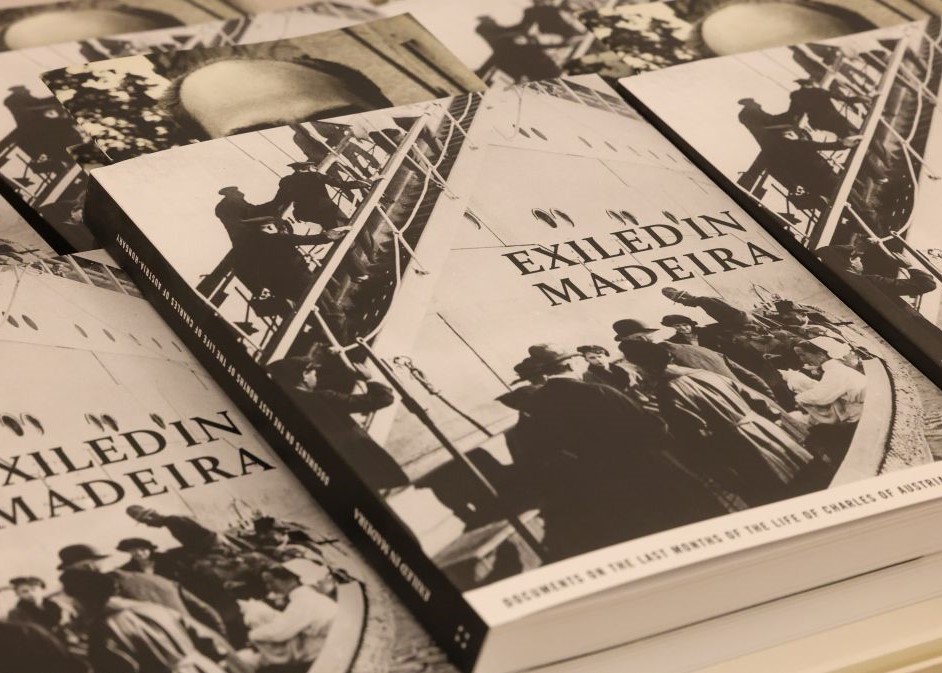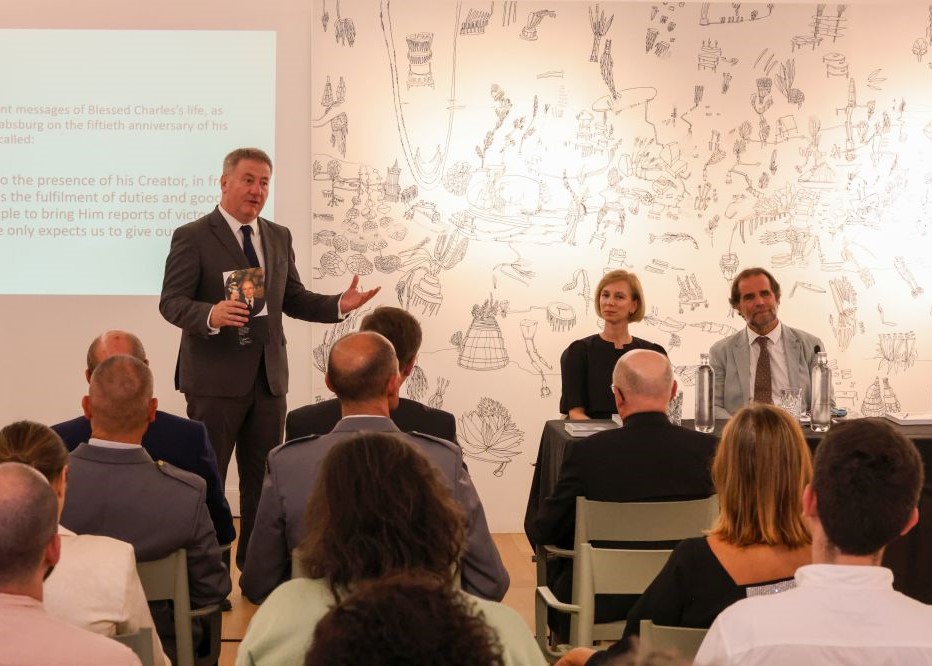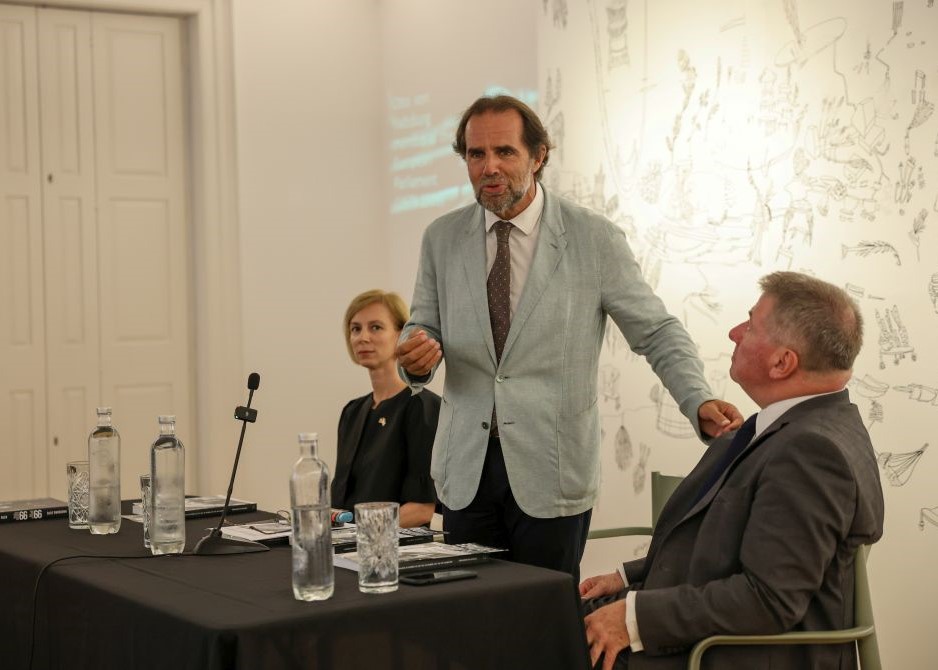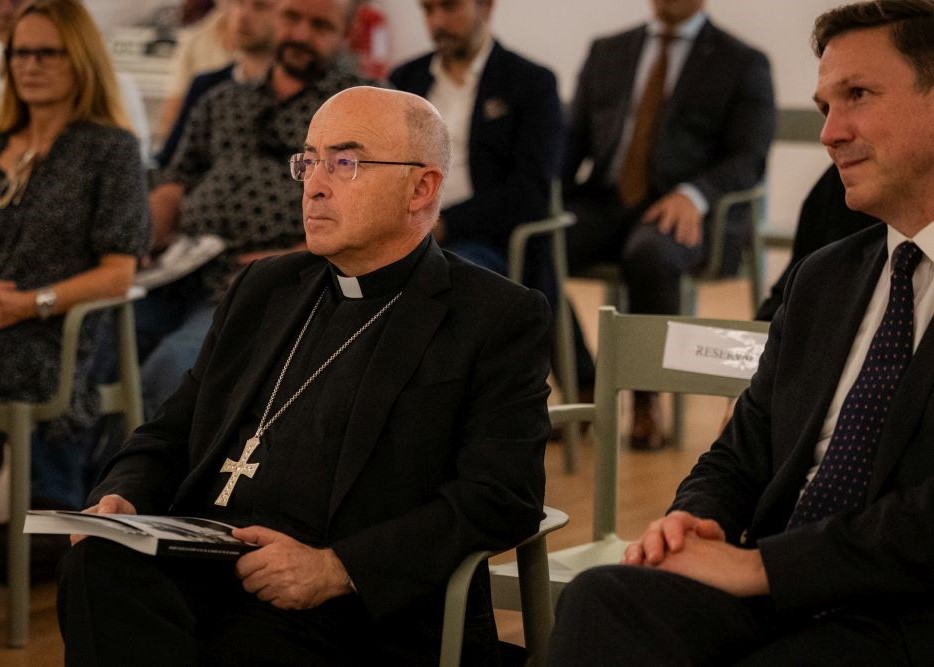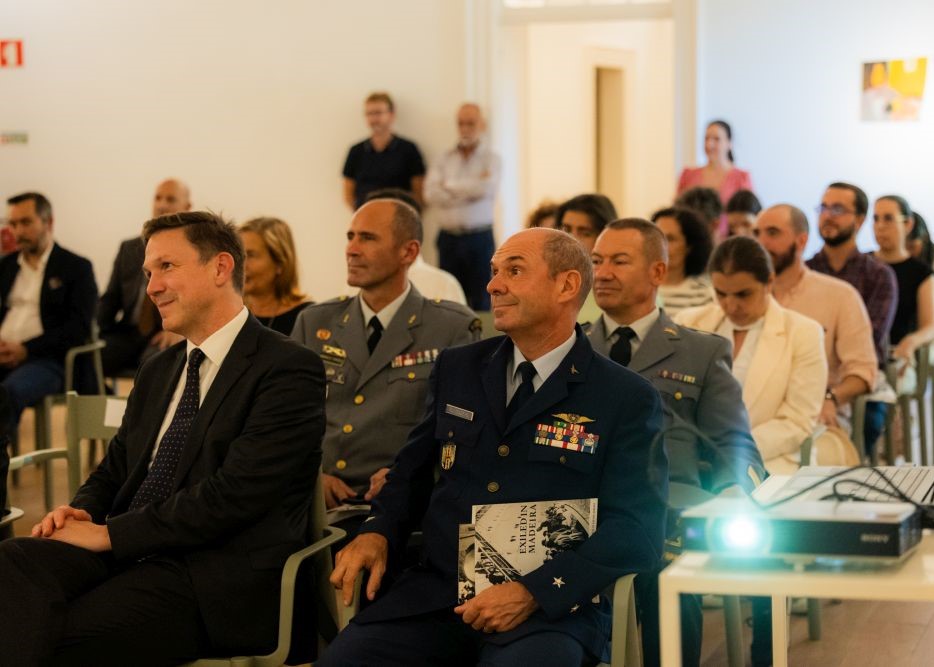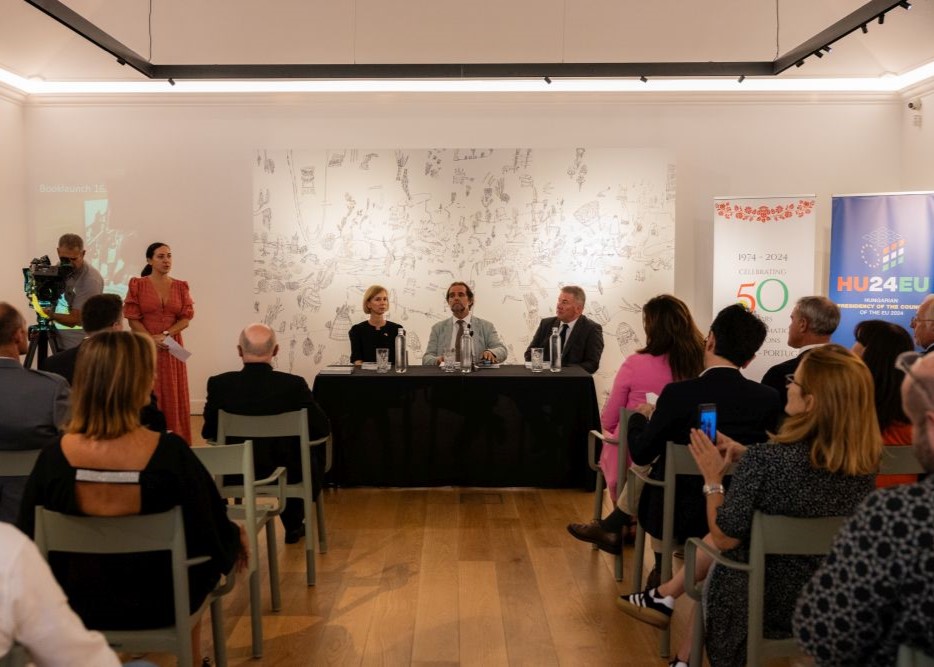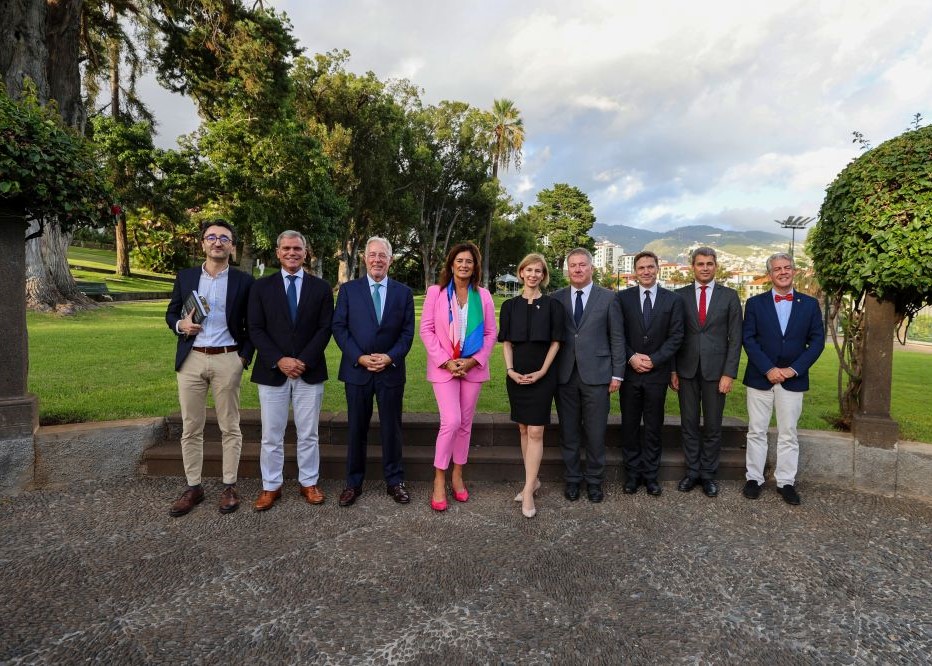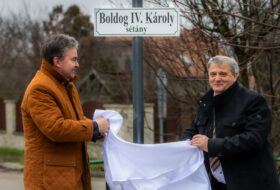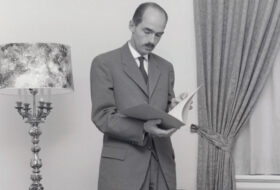The launch of our book at the Cultural Centre of Quinta Magnólia, once a British golf club, was met with great interest. The aim of the publication was admittedly to make the international visitors to Madeira better understand the reverence that still prevails on the island for Charles I. Gergely Fejérdy, deputy scientific director of our Foundation and author of one of the essays, showed several photographs depicting the life of the imperial and royal family in exile and the process leading up to it. Gergely Prőhle described the many lessons that Otto von Habsburg, who was 10 years old when he stood at the funeral bier, drew from his father; how the ideas of government reform that Charles wanted to introduce in the final hours of the Austro-Hungarian Empire in the interests of small nations influenced him, and how these ideas—with an emphasis on the principle of subsidiarity—became the political credo of the former crown prince when he was a Member of the European Parliament from 1979 to 1999. For both Portugal and Hungary, these notions are significant in today’s Europe, which is why the publication of a volume documenting the last months of Charles of Austria’s life is also relevant to the six-month Hungarian Presidency of the Council of the EU. On the 20th anniversary of the beatification of the last Hungarian king, these connections are all the more noteworthy.
The head of the Regional Government of Madeira explained that the island still has an extraordinary devotion to Charles; therefore, the atmosphere that accompanied the Habsburg family’s stay on the island, as reflected in the photographs, remains unchanged. The Governor pointed out that the relations between Madeira and Hungary, forged through the exile of the Monarch and his family, are nowadays a source of tourism and cultural cooperation and an instrument of diplomatic ties between our countries, which mark their 50th anniversary this year. Albuquerque also recalled his encounters with Otto von Habsburg, from whom, he said, he learned a lot about European politics.
All three speakers expressed their gratitude for the cooperation of the Regional Library and Archives of Madeira, which holds a substantial part of the publication’s source material, for the active organisational work of the island’s State Secretariat for Culture and Tourism, and for the enthusiastic involvement of the Honorary Consul, Pedro Ferreira, who is in charge of the whole network of Madeiran-Hungarian relations. The event, which concluded with a reception in the garden, was also attended by the Bishop of Funchal, Msgr. Nuno Brás da Silva Martins, who received the members of our Foundation the following day, showed them the records of the months of the royal family in Madeira and the process of the beatification of Charles, which are kept in the diocese archives. The Madeiran hosts have indicated that they would support the publication of our book in Portuguese and would be glad if our Foundation could contribute to the interior decoration of the imperial and royal family’s renovated residence in Funchal.
